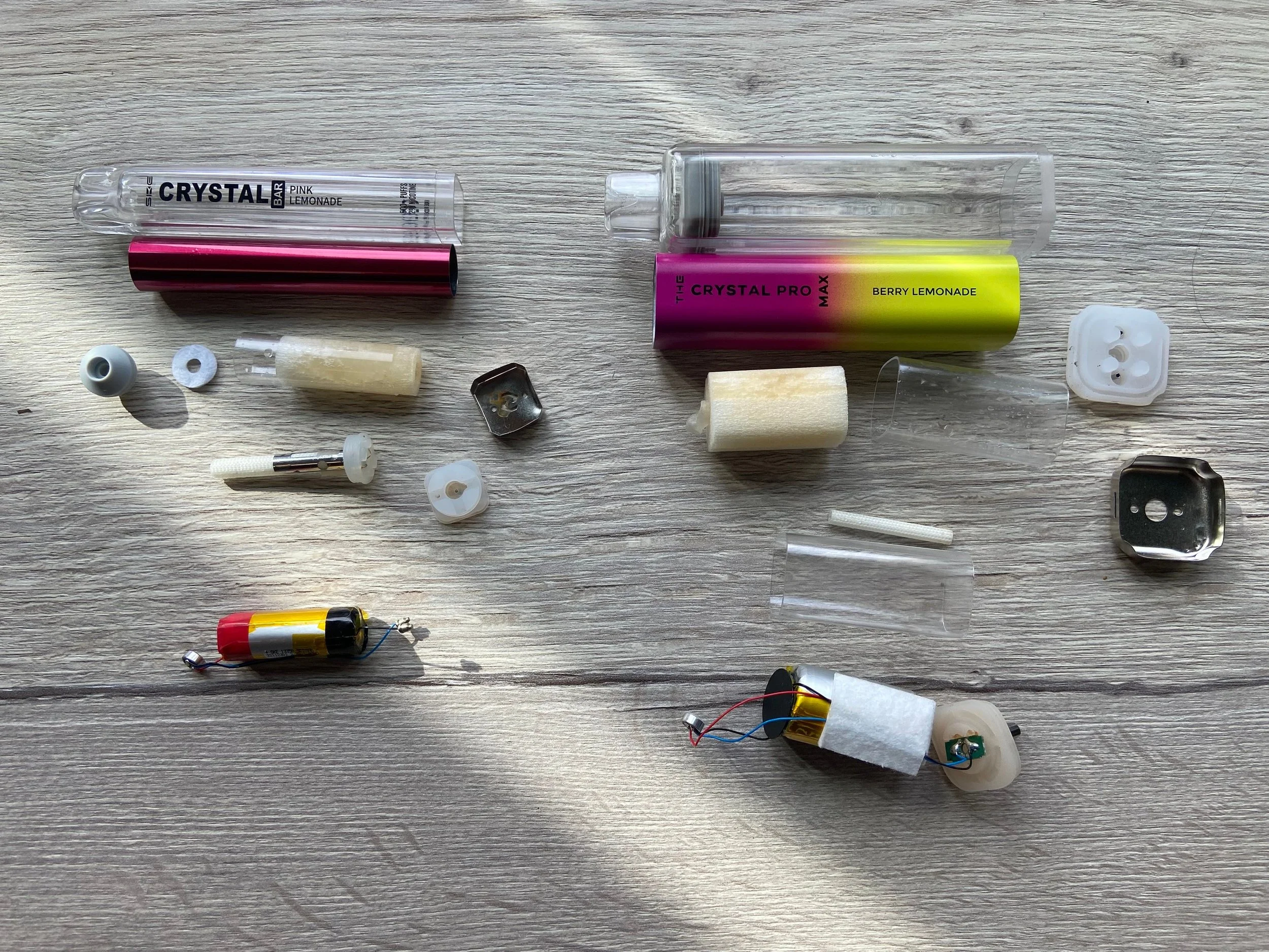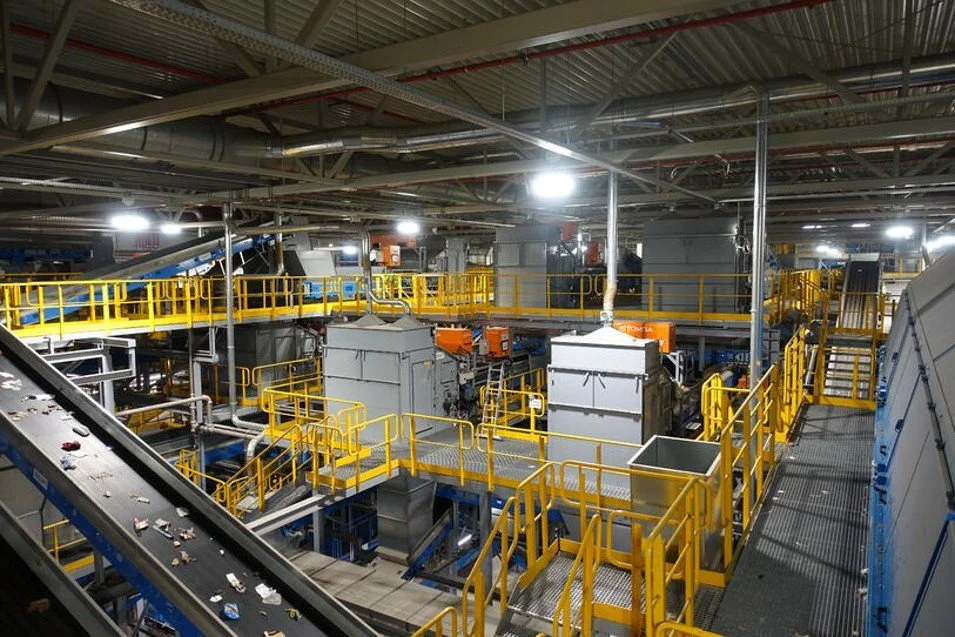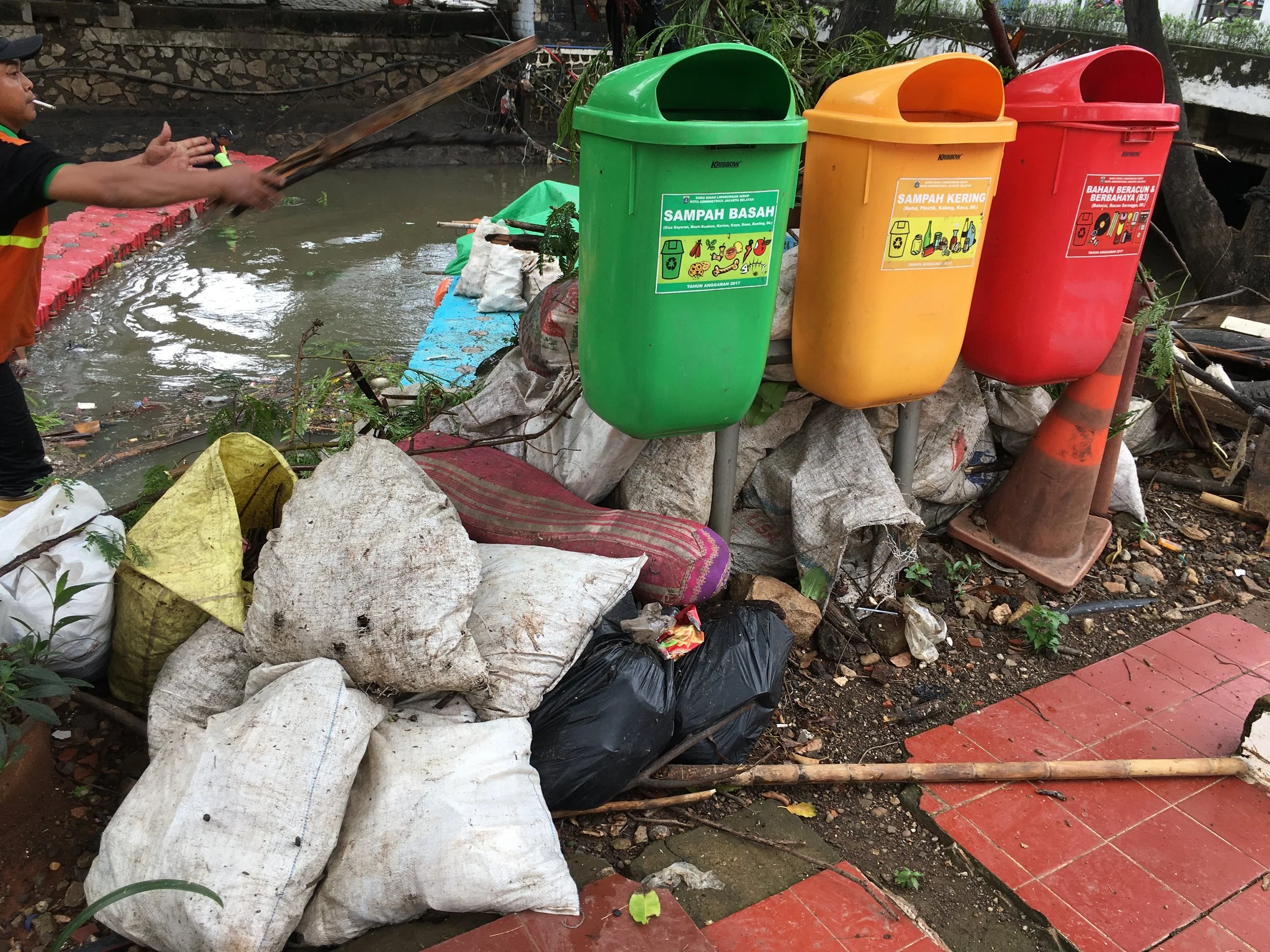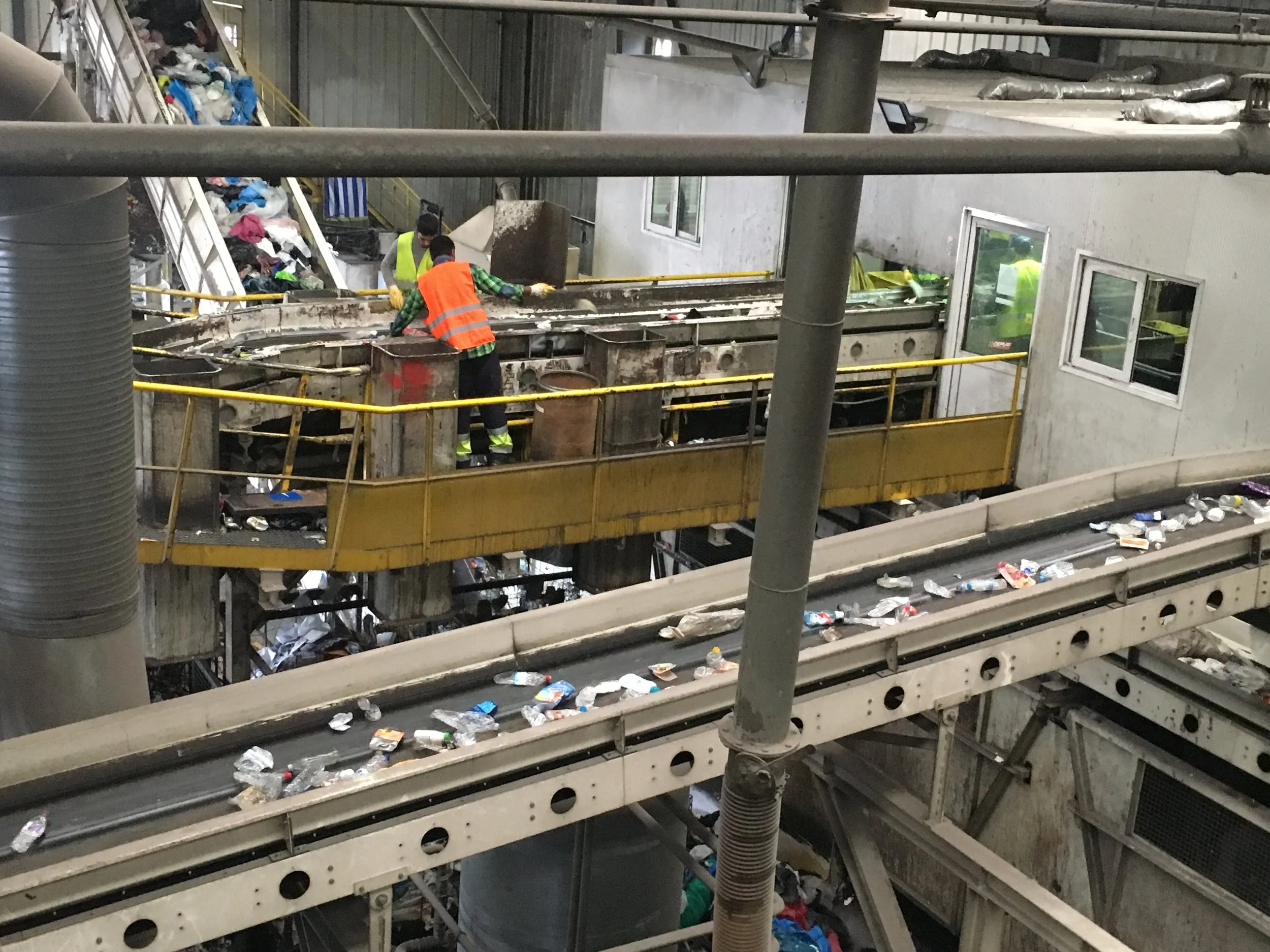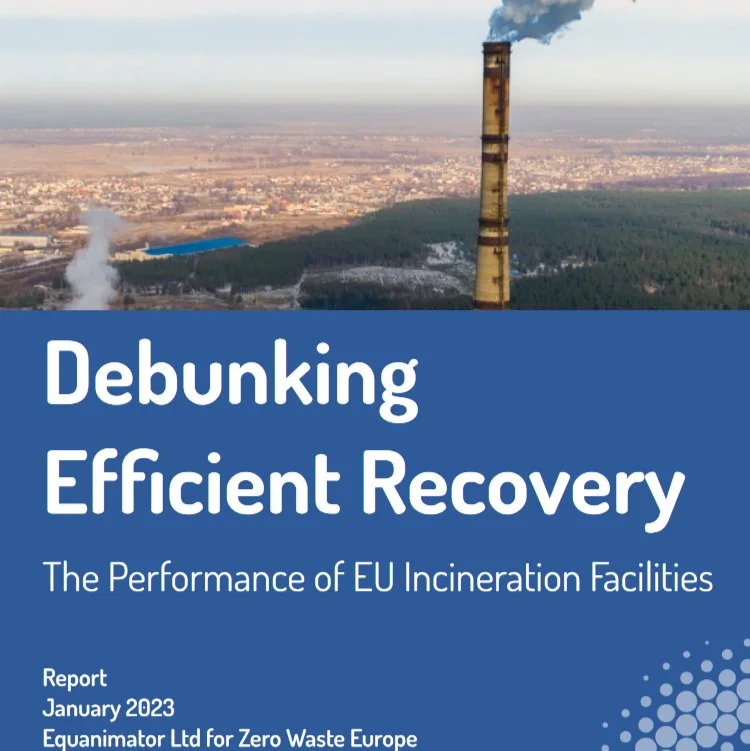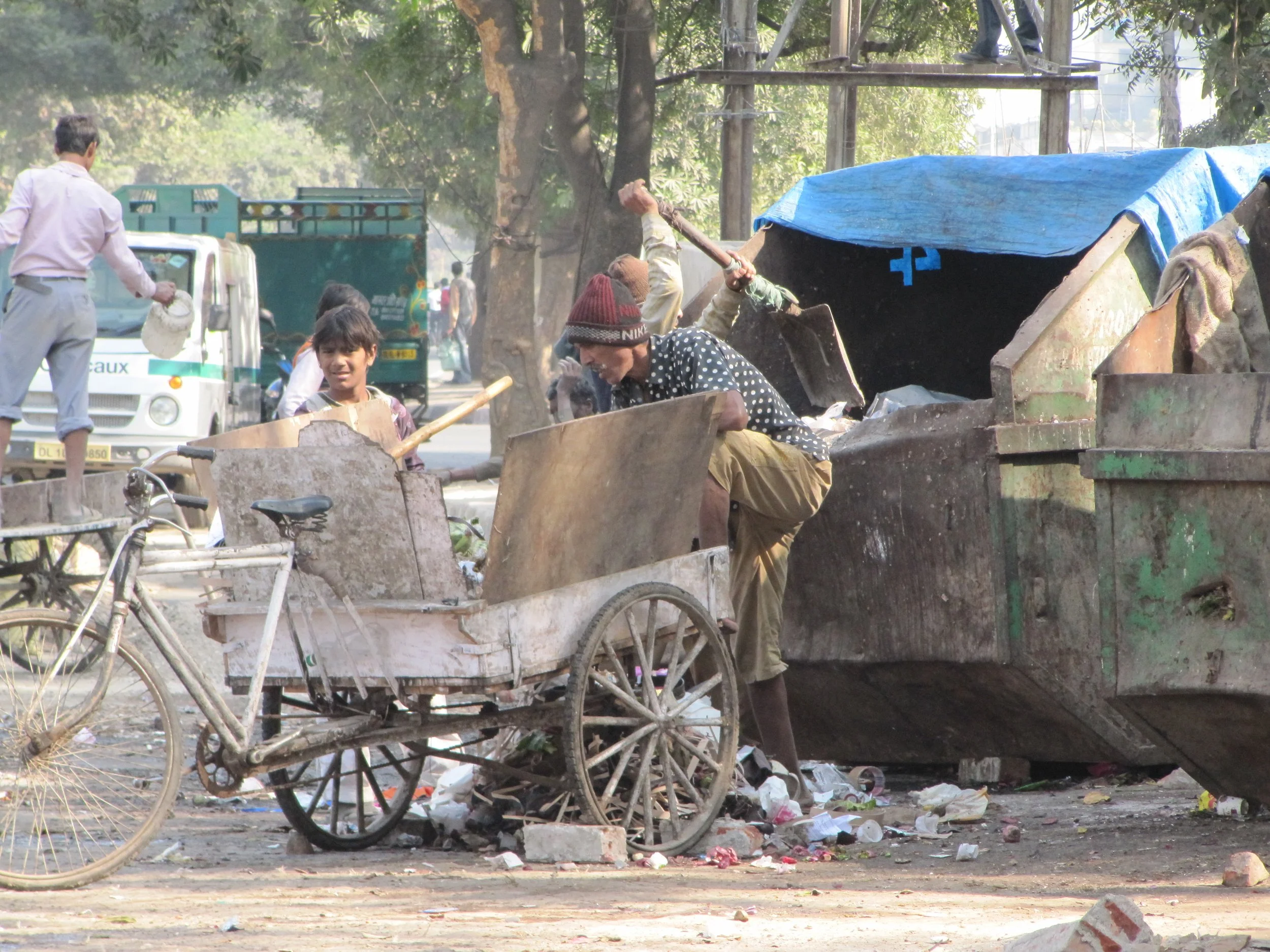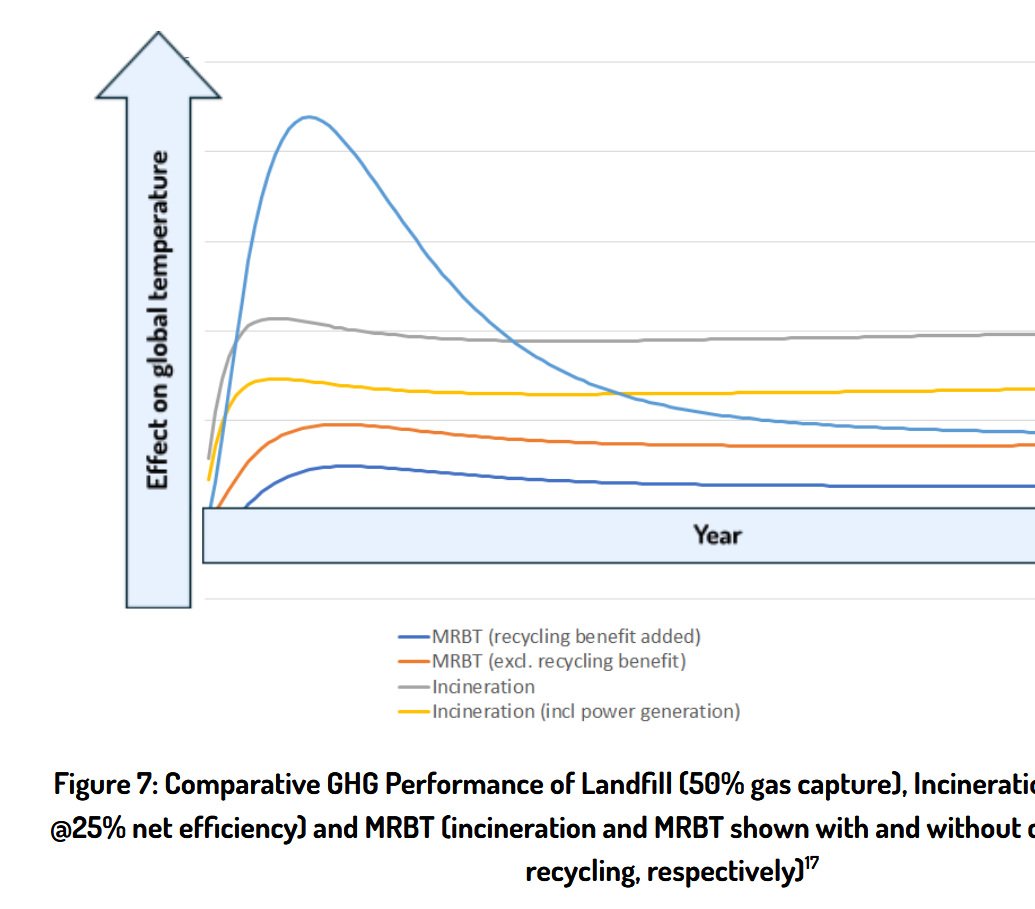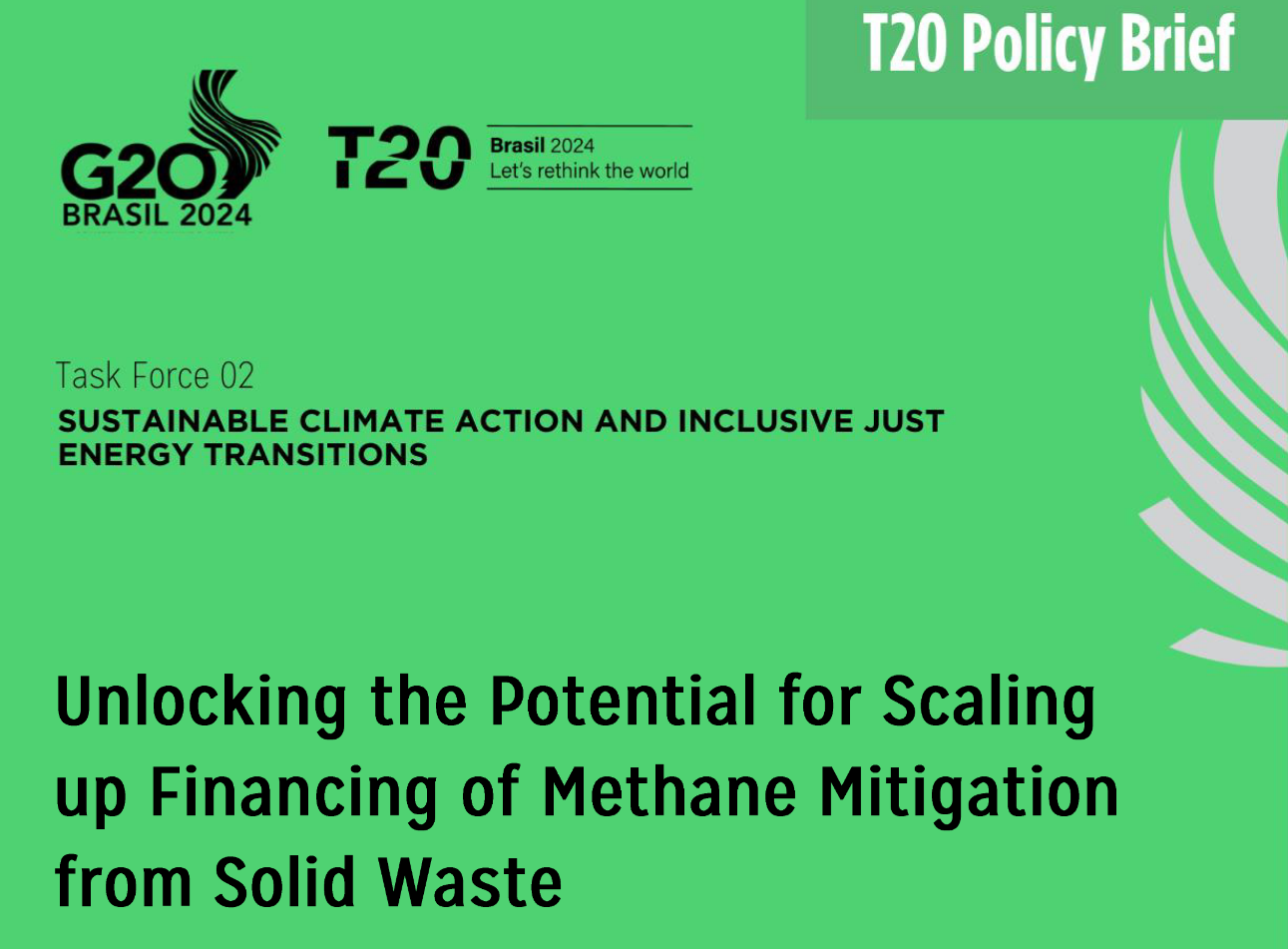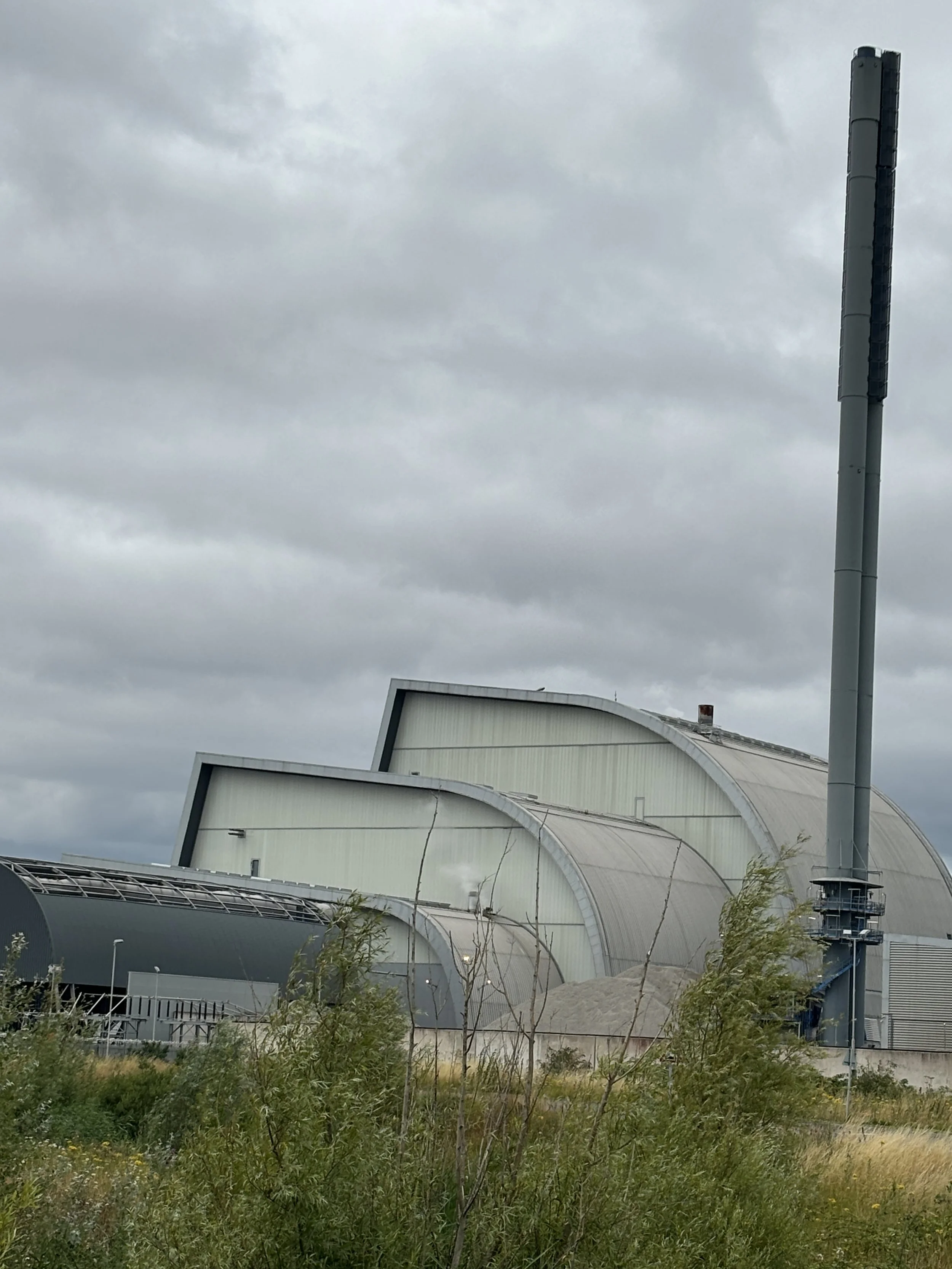
Informing policy design to address key environmental challenges
What’s your question?
A policy paradox?
If you are looking for the policies, or mechanisms, that can drive fundamental changes, then I can help you. It might be a market-based intervention that you need, or a regulatory approach, or a change in structures of governance, or a voluntary approach. We’re only in the foothills of where we need to be and I’m keen to work with those at the leading edge of policy formulation.
A struggle with a strategy?
Your business, or organisation, might be reviewing its strategy, or seeking to understand how it might do that. I can provide the thinking, or provide the challenge you might need, to ensure your strategy has credibility and that it’s ambitious enough to address future challenges.
Championing a change?
Whether you’re developing policy for a national or regional or local government, or if you are working within a corporate setting, persuading peers of the case for the change can be crucial. I’m used to developing business cases, and impact assessments, but most of all, I can articulate ideas for change in a persuasive manner to generate support from your target audience.



